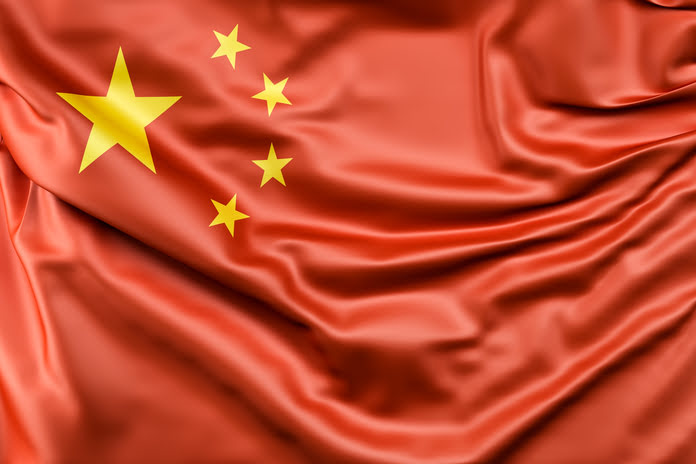China, the leading global rare earth processor, has banned the export of technology crucial for extracting and separating these vital materials. This move is the latest in China’s efforts to safeguard its supremacy in various strategic metals.
Rare earths, comprising 17 metals essential for crafting magnets used in electric vehicles, wind turbines, and electronics, are at the heart of this export restriction.
While Western nations strive to establish their rare earth processing capabilities, the prohibition is anticipated to have a profound impact on “heavy rare earth,” integral in the production of electric vehicle motors, medical devices, and weaponry. China currently holds a near-monopoly on the refinement of these materials.
Nathan Picarsic, co-founder of the geopolitical consulting firm Horizon Advisory, emphasized, “This should serve as a wake-up call that reliance on China within any segment of the value chain is unsustainable.”
China’s commerce ministry sought public opinion in December regarding the potential inclusion of this technology in its “Catalogue of Technologies Prohibited and Restricted from Export.” This recent decision also extends to the export of production technology for rare earth metals, alloy materials, and technology for preparing specific rare earth magnets. The objectives outlined in the catalog emphasize safeguarding national security and public interests.
This year, China has progressively tightened regulations on metal exports, intensifying the ongoing struggle with Western nations for control over critical minerals. Export permits for chipmaking materials gallium and germanium were introduced in August, followed by similar requirements for various types of graphite starting from December 1.
As Europe and the United States grapple with reducing their dependence on Chinese rare earths, constituting almost 90% of the global refined output, China’s protective measure aims to secure its rare earth technology. China’s mastery of the solvent extraction process for refining these strategic minerals has presented challenges for Western rare earth companies due to technical intricacies and environmental concerns.
Ucore Rare Metals (UCU.V) recently announced the completion of commissioning for a demonstration plant testing its proprietary rare earths processing technology, funded in part by the U.S. Department of Defense. Ucore CEO Pat Ryan stressed the necessity for new technologies to counter China’s dominance in these critical sectors.
The extent of China’s rare earth technology export remains unclear. According to Constantine Karayannopoulos, former CEO of Neo Performance Materials (NEO.TO), a company specializing in rare earth separation in Estonia, Beijing has discouraged such exports for years. Karayannopoulos emphasized that the recent announcement formalizes what has been widely known. Neo Performance Materials possesses its technology for rare earth separation, magnetic materials, and magnet manufacturing.
Benchmark Mineral Intelligence (BMI) reports that China currently separates 99.9% of global heavy rare earths. While Western processing capacity primarily focuses on “light” rare earth such as neodymium and praseodymium (NdPr), the ban is likely to pose challenges in establishing heavy rare earth separation capacity outside of China, as noted by Daan De Jonge at BMI. He emphasized that even if NdPr separation occurs in Europe or the U.S., reliance on dysprosium from China exposes these regions to geopolitical shocks.
Featured Image: Freepik















